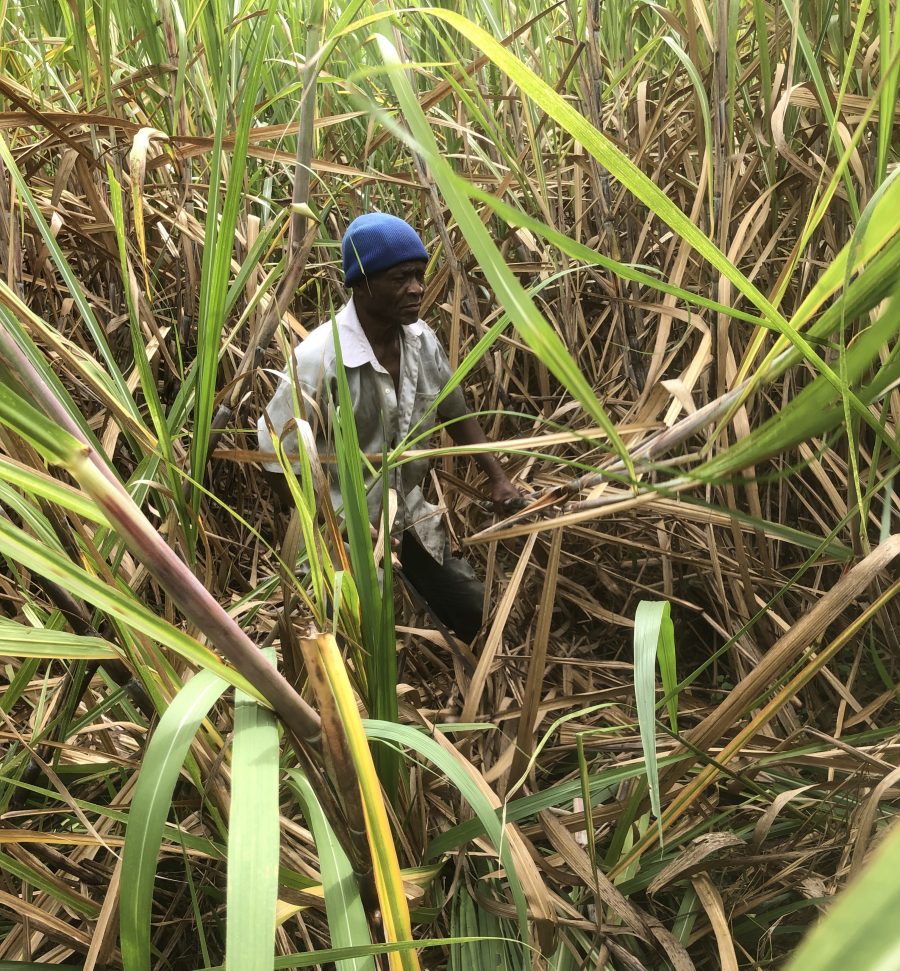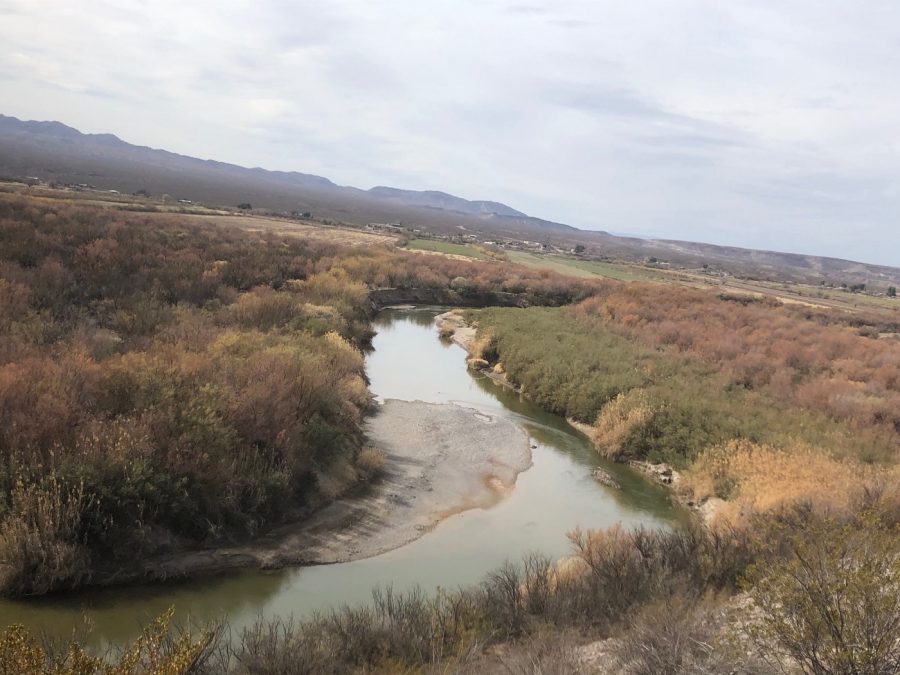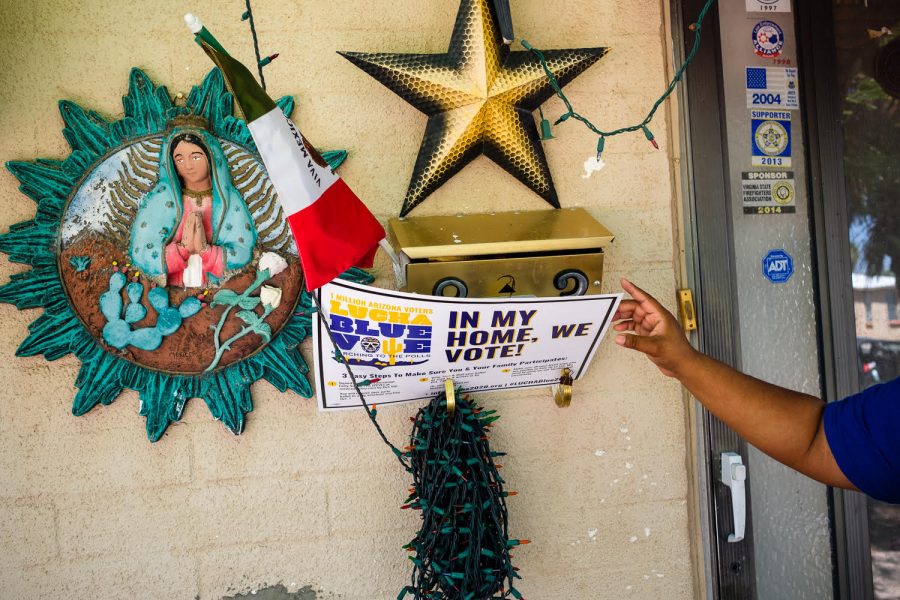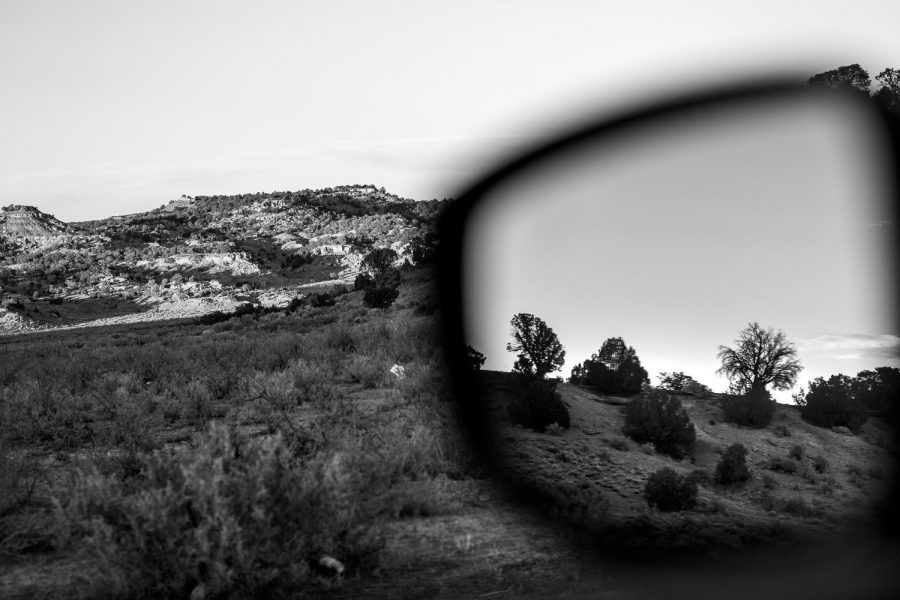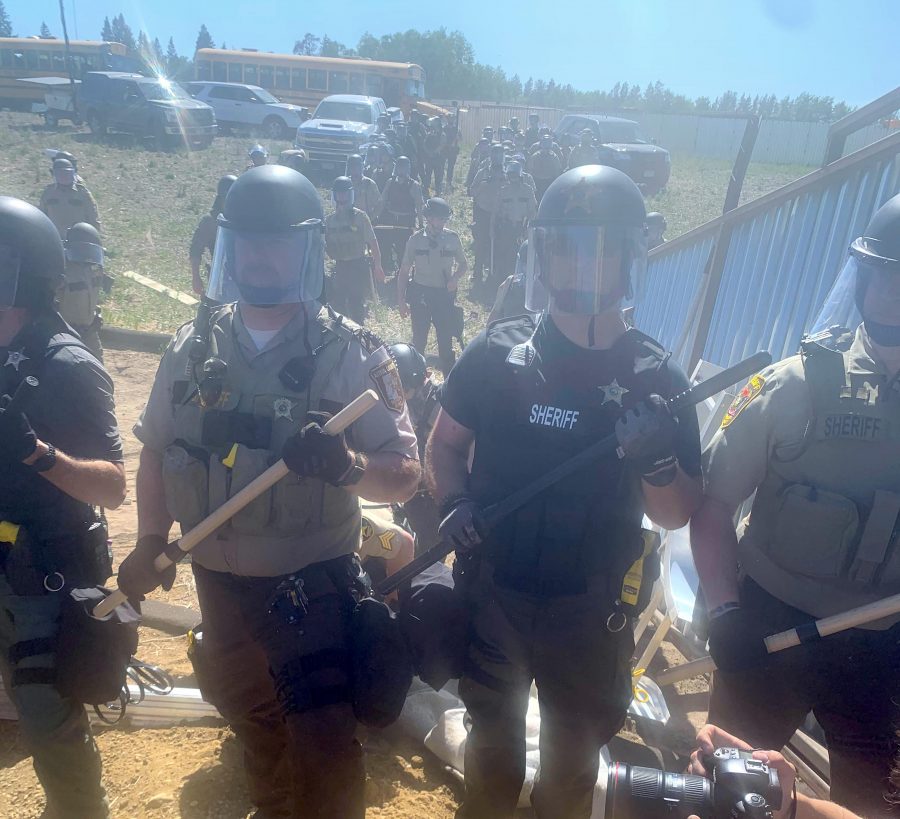
“To counter mounting climate catastrophes,” Alan Weisman writes in a Los Angeles Times op-ed, “tar sands must stay in the ground. Anything else risks incinerating our species’ future.”
Alan traveled to northern Minnesota in early June to cover protests against Enbridge Inc.’s Line 3 oil pipeline for the LA Times article and for a book he is writing on humanity’s best hopes for getting through the coming challenging decades.
The Line 3 pipeline is designed to carry crude oil extracted from western Canadian tar sands to a terminal on Lake Superior. Native American tribes have led the resistance to the project, which would cross more than 200 rivers and streams. Climate activists have argued that oil derived from tar sands is up to three times dirtier than conventional oil, and that burning it will make it impossible to achieve greenhouse gas reduction goals. Both groups have called on the Biden administration to halt the pipeline project.
On June 7, Alan was detained and strip-searched during a mass arrest by sheriff’s deputies and charged with gross misdemeanor trespassing. He faces a hearing on July 16. The Committee to Protect Journalists, Homelands Productions, and other organizations and colleagues have condemned the arrest and called for charges to be dropped.
You can read the entire op-ed here. If you encounter the LA Times’ paywall, try opening a Private, Incognito, or InPrivate window in your browser and pasting the link there.
